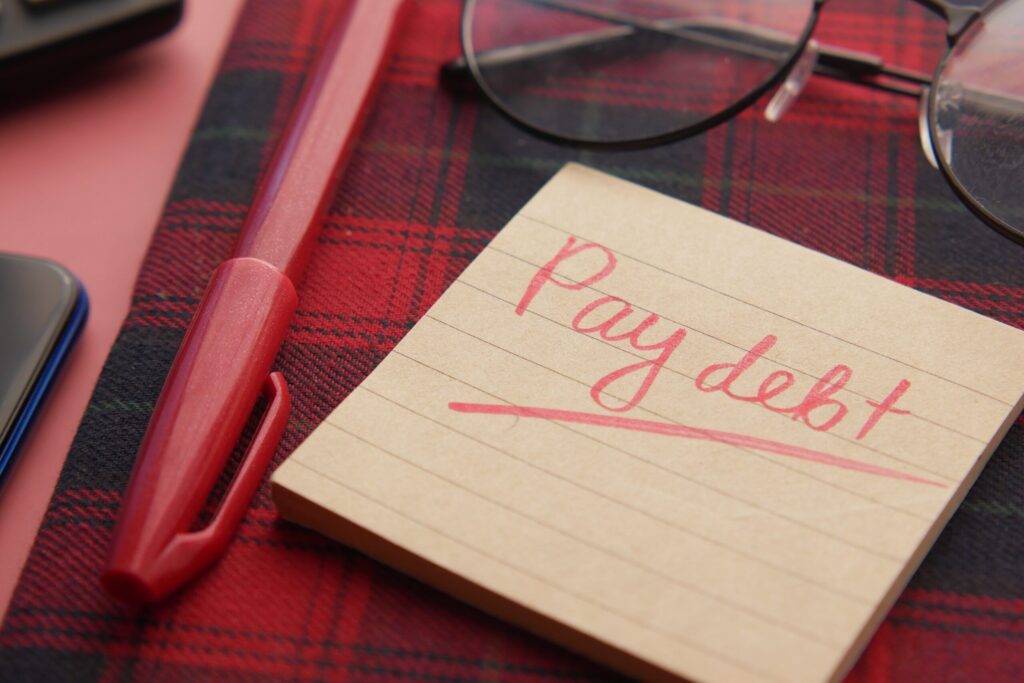Bankruptcy in Canada is the legal process of assigning any non-exempt assets you may have over to a Licensed Insolvency Trustee in exchange for the clearance of any unsecured debts you may have. It is a powerful form of debt relief for Canadians struggling with overwhelming debt and in need of a fresh financial start. Despite its power of debt reduction, bankruptcy does have some consequences which must be understood before filing. It will have a negative impact on your credit score, and can be damaging to some professionals in financial roles, for instance. For this reason, you may be wondering who can access bankruptcy records in Canada, or feel concerned about who might discover your have filed bankruptcy. In this article, we share all you need to know about bankruptcy records in Canada.
Which bankruptcy records exist in Canada?
The Office of the Superintendent of Bankruptcy Canada (OSB) compiles the official bankruptcy records, which are all public to see. This means that anyone from the public can view the bankruptcy records via a search on the OSB website. Do note that you need to pay a fee in order to do so, and your query will need to be specific in order to view the record you are looking for. The OSB sends a list of any new bankruptcies that have been filed to Canada’s two primary credit bureaus (Equifax and TransUnion) each month. The credit bureaus will then record the bankruptcies on the credit histories of each of the consumers that have filed. The OSB will also share information on any bankruptcies that have discharged (or completed), and the records will subsequently be removed for the relevant individual after a fixed amount of time before they are free to enjoy life after bankruptcy.
Who can access bankruptcy records in Canada?
In Canada, there are a number of key stakeholders who can access bankruptcy records. These are as follows:
Credit reporting agencies
Individuals filing bankruptcy in Canada may well be concerned about how filing bankruptcy can affect their credit score. Equifax and TransUnion will record each individual’s credit history, including any bankruptcies. This does mean it has a negative effect on your credit score, although at Spergel we can help you to rebuild your credit score. While bankruptcy records will remain on your credit report for a number of years making it difficult to access credit, there are ways around this, including secured credit cards and specialist loans.
Lenders and creditors
When an individual applies for new credit or a loan, lenders, creditors and financial institutions will run a comprehensive credit check to assess an applicant’s financial risk. They will review their credit report and look for any bankruptcy filings. If they discover a bankruptcy has been filed, it is much less likely that an individual will be able to obtain credit, or they may face higher interest rates and tougher repayment terms.
Landlords
If you are looking to rent a property in Canada, it is not unusual for prospective landlords to carry out checks on potential landlords to see how reliable they will be financially when it comes to making their rent payments on time. They might look for bankruptcy records during this checking process, which could influence whether or not they accept a rental application. A potential tenant that has previously filed bankruptcy could raise concerns.
Employers
Generally speaking, employers are not allowed to discriminate against individuals who have filed bankruptcy. There are some instances, however, where roles that hold positions of trust or financial responsibilities may require further checks. For these roles, employers might check on an applicant’s credit history where they could come across a bankruptcy record.
Public record searches
Ultimately, bankruptcy records are public property. If someone wants to check on your bankruptcy status, they are able to with a bit of effort and by paying a fee. A few online databases and government websites provide access to this information.
Family and friends
Although we might not all want to discuss difficult financial matters with our families, some family members and friends might learn about financial difficulties if you choose to discuss them. Letting friends and family know can actually be a huge source of support, although if you are in need of debt relief and financial advice, you should book a consultation with a Licensed Insolvency Trustee to better understand your available options.
Are bankruptcies published in the newspaper?
This is very unlikely to happen to you if you are an individual filing bankruptcy. A newspaper will only generally publish legal notice of someone filing bankruptcy when the individual has a large amount of assets. They will only publish, therefore, when it is newsworthy. When a bankruptcy does make the newspaper, a notice is shared by the individual’s Licensed Insolvency Trustee in order to communicate with creditors.
How long do credit bureaus report on bankruptcies?
Equifax and TransUnion will generally remove bankruptcy records from an individual’s credit report six years after the date of bankruptcy discharge. There are slight variations between the two credit bureaus, but six years is a good guide.
How do you check if someone has filed bankruptcy?
If you want to check if an individual has filed bankruptcy, you contact the Office of the Superintendent of Bankruptcy and pay a small fee for them to search the records of a specific Canadian. Simply visit the Insolvency Name Search, and specify the criteria for your search. You will need to pay the fee whether or not the individual’s records are found. If there are multiple matches for your search criteria, you will have to pay an additional fee to view more individuals.
Who will know if you file bankruptcy?
Usually, just your Licensed Insolvency Trustee, creditors, and the Office of the Superintendent of Bankruptcy will know whether or not you have filed bankruptcy. If you apply for credit while the credit bureaus are aware of your bankruptcy, the lender will learn about your bankruptcy too. Otherwise, unless you specifically tell people you are filing bankruptcy, it is unlikely they will know.
If you are worried about bankruptcy records in Canada, you do not need to panic that everyone you know will find out. You can book a free consultation with an experienced Licensed Insolvency Trustee at Spergel to learn more about your options, as well as bankruptcy alternatives. We have been helping Canadians gain debt relief for over thirty years, and we are here to help you too.



















